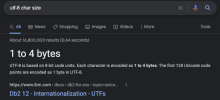Depends on D4277
linear task: https://linear.app/comm/issue/ENG-1288/properly-handle-the-dynamodb-item-size-limit
If we want to be able to move a log item's data dynamically after creation, from the database to the S3, we need to store the data hash in the backup log's database.
